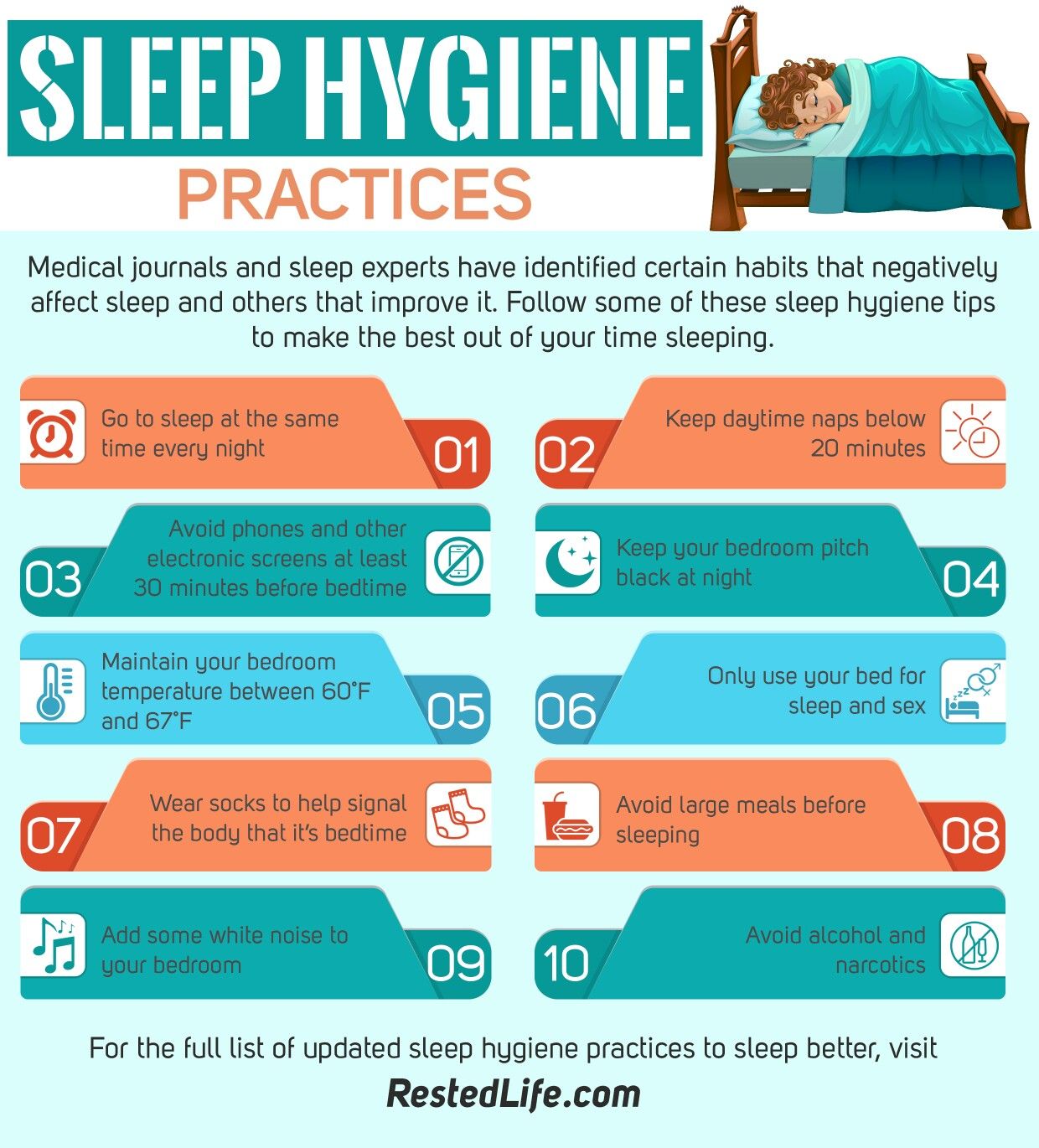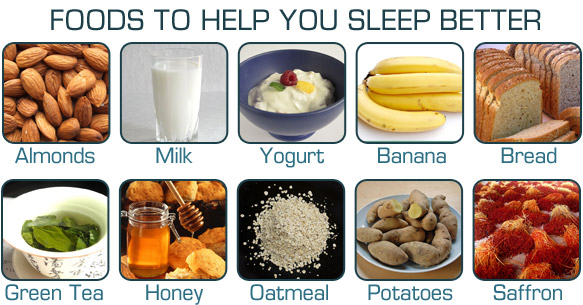The average adult needs 7-9 hours of sleep per night to maintain a healthy lifestyle. Sleep boosts the immune system, regulates blood pressure, improves mental health, and has multiple other health benefits. Getting a full night’s sleep every night is recommended for everyone, especially people with chronic illnesses. However, for sarcoidosis patients, chronic pain can be the very thing that stands in between them and a restful sleep.
When recommended remedies for your pain seem impossible to carry out, it becomes easy to feel trapped. According to the National Sleep Foundation, 23% of people with chronic pain have been diagnosed with a sleep disorder by a doctor, whereas only 6% of all other people have a diagnosable sleep disorder. The onset of a sleep disorder can cause stress, which only makes it harder to sleep. Thus, a domino effect is put into place, and it becomes difficult to find a path to restful sleep.
Making a conscious effort to make sleep a priority is linked to better sleep, even in those with chronic pain. The National Sleep Foundation reports, “Americans who said they were very or extremely motivated to get enough sleep reported sleeping 36 more minutes per night across the week compared with others.” A sarcoidosis patient may need to take a few extra steps to achieve this goal, so we got some tips from a patient on how to achieve a longer, more restful sleep.
- Limit the amount of time you spend on electronic devices right before bed. Screen time keeps your brain alert, which is the opposite of what you want before you sleep. Try reading a book right before bed instead of watching TV or using your computer.
- Instead of taking naps in the afternoon, go for a walk. Being active during the day can make it easier to fall asleep at night.
- Take a bath before bed, and add 1/4 – 1/3 cup of Epsom Salts to the warm water. The Epsom Salts will relax you and prepare you for bed.
- Write down three reasons you are grateful each night. If you wake up during the night, think about your list. It may help you get back to sleep.
Forced Worrying
If stress plays a large role in your inability to sleep, try “forced worrying” a few hours before bed. This practice involves writing down the things that worry you and devoting 15 minutes or so to allowing yourself to feel stressed. If you dedicate a specific time for stress and worry, you can discourage yourself from worrying at inconvenient times, like when you are trying to fall asleep. This practice is recommended by Andrew R. Block, a doctor who specializes in chronic pain management.
Sleep Hygiene
Maintaining healthy sleep hygiene can also alleviate sleep difficulties. The term “sleep hygiene” refers to the habits you put in place each night before and during sleep. The more consistently you maintain these habits, the easier it will become for your body to recognize when it should be sleeping. For example, going to bed and waking up at the same times every day creates a regulated sleep cycle in your body. Also, it is important to create a consistent and comfortable sleeping environment. Avoid bright lights, and add soothing sounds to turn your bedroom into the best sleeping location possible.
Sleep-Friendly Foods
While you should avoid eating right before bed, hunger pangs can wake you up in the middle of the night, so it is important to avoid going to sleep hungry. Keep in mind some foods that aid sleep by keeping you full for a long time, like complex carbohydrates.
In addition to these tips, relaxation techniques like deep abdominal breathing and meditation can also be helpful. Everyone is different, so don’t get discouraged when a technique doesn’t work on the first try. Simply the act of putting deliberate effort into getting more sleep is a great first step. With some patience and self-care, you can find a solution that works for you.
Resources
https://www.sleepfoundation.org/articles/pain-and-sleep
https://www.sleep.org/articles/sleep-hygiene/


